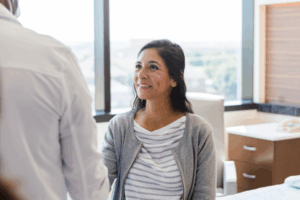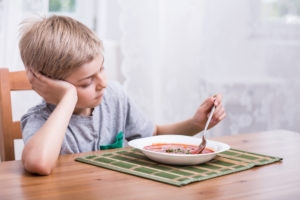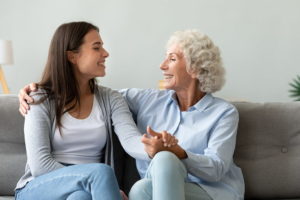By Joanna Morgan MSN, RN, OCN & Joselyn Hayes BSW, CSW
For over 35 years, we’ve been helping people and their families through the many emotions and challenges that change their lives after hearing these three words. I’m Joanna Morgan, an oncology nurse navigator and I’m Joselyn Hayes, an oncology social worker, at Bryan Medical Center.
While each person and every situation is different, there are some strategies that seem to help everyone. We hope sharing these will help you – whether you’re the one receiving a cancer diagnosis or it’s a loved one.
What Do You Do When You Hear the Words “You Have Cancer”?
Breathe. Surround yourself with people you love. Allow others to help and support you.
Most people ask, why me? Most people wonder if they have done something to cause the cancer and come up with ideas of why it occurred. If you are having these thoughts you are not alone. Cancer is not a punishment for things you did or didn’t do. Blaming yourself doesn’t help and often makes you feel worse. It’s almost impossible to know exactly what caused the cancer. Instead, focus on taking care of yourself now, both your body and your mind.
Ways You Can Help Someone With a Cancer Diagnosis
When someone we care about is diagnosed with cancer, we want to help but often don’t know what to do or say.
According to the American Cancer Society, people with strong emotional support tend to adjust better to the changes that cancer brings to their lives, have a more positive outlook and report a better quality of life.
Here are some ways you can provide support:
Keep in Touch
- Write, text, email or call often (try to keep it short) – this lets the person know you are thinking of them.
- Call at times that work best for your friend.
- Be available: When your friend calls or texts you, answer right away.
Visit
- Call before you visit, and be understanding if your friend doesn’t feel well enough to visit.
- Keep the visit short: understand they may be too tired to actively participate.
- Don’t be afraid to touch, hug or shake hands.
Know What to Say (And Do)
- Listen. Allow your friend to honestly share how they are feeling (good, bad or ugly).
- Give advice only when asked. Don’t urge your friend to fight the cancer if that is not their goal, offer treatment suggestions or share negative stories from your experiences with others who have gone through cancer treatment.
- Support your loved one’s treatment decisions.
- Remember the caregiver and seek ways to support and help this person.
- Stay connected throughout the entire treatment process and beyond – checking in regularly over time is very helpful and meaningful.
- Let your friend know “we’ll get through this together.”
Know What Not to Say
- “Everything is going to be fine.” We are often tempted to say it will be fine, but this can make the person with cancer feel like you’re unwilling to talk about the realities and challenges of a cancer diagnosis.
- “You’ve got the good kind of cancer.” There is no ‘good kind’. Any cancer diagnosis causes fear and changes a person’s life.
- Nothing at all. Say something, anything. It’s okay to admit you don’t know what to say. What’s most important is starting a conversation.
- “Let me know how I can help.” People rarely reach out and ask for help. They are exhausted emotionally and physically and don’t have the energy to think about what you can do, and even if they did it’s hard for most people to ask for help. Instead offer concrete ideas of ways you can help, and when your friend takes you up on your offer, make sure you follow through!
How to Help
- Offer to run errands – get groceries, pick up prescriptions or help transport to and from appointments.
- Make meals or help coordinate meal drop offs from other friends.
- Help with tasks – cleaning their house, lawn care, babysitting, pet sitting, walking the dog.
Ways the Bryan Cancer Program Can Help
At Bryan, we have specially trained nurses and social workers to help you and your family through each step of your cancer care. Our oncology certified nurse navigators can help you through all aspects of your cancer care, and especially decisions about treatment.
Oncology social workers have expertise to help you navigate the emotions, financial and insurance concerns, and other areas related to receiving the care you need.
We’re here for you – to support and help you with compassion and expertise, to relieve some of the stress and uncertainty in your life. And to help you determine and navigate your best course of treatment.
You are Not Alone. We’ll Travel This Road Together.
A cancer diagnosis can be overwhelming – the emotions, the unknown, the decisions. At Bryan, our specialty trained nurses and social workers are here to help you and your family through each step of your cancer care.
Talk to your doctor about a referral to this Bryan oncology nurse navigator and social worker program. This is a free service for our patients.
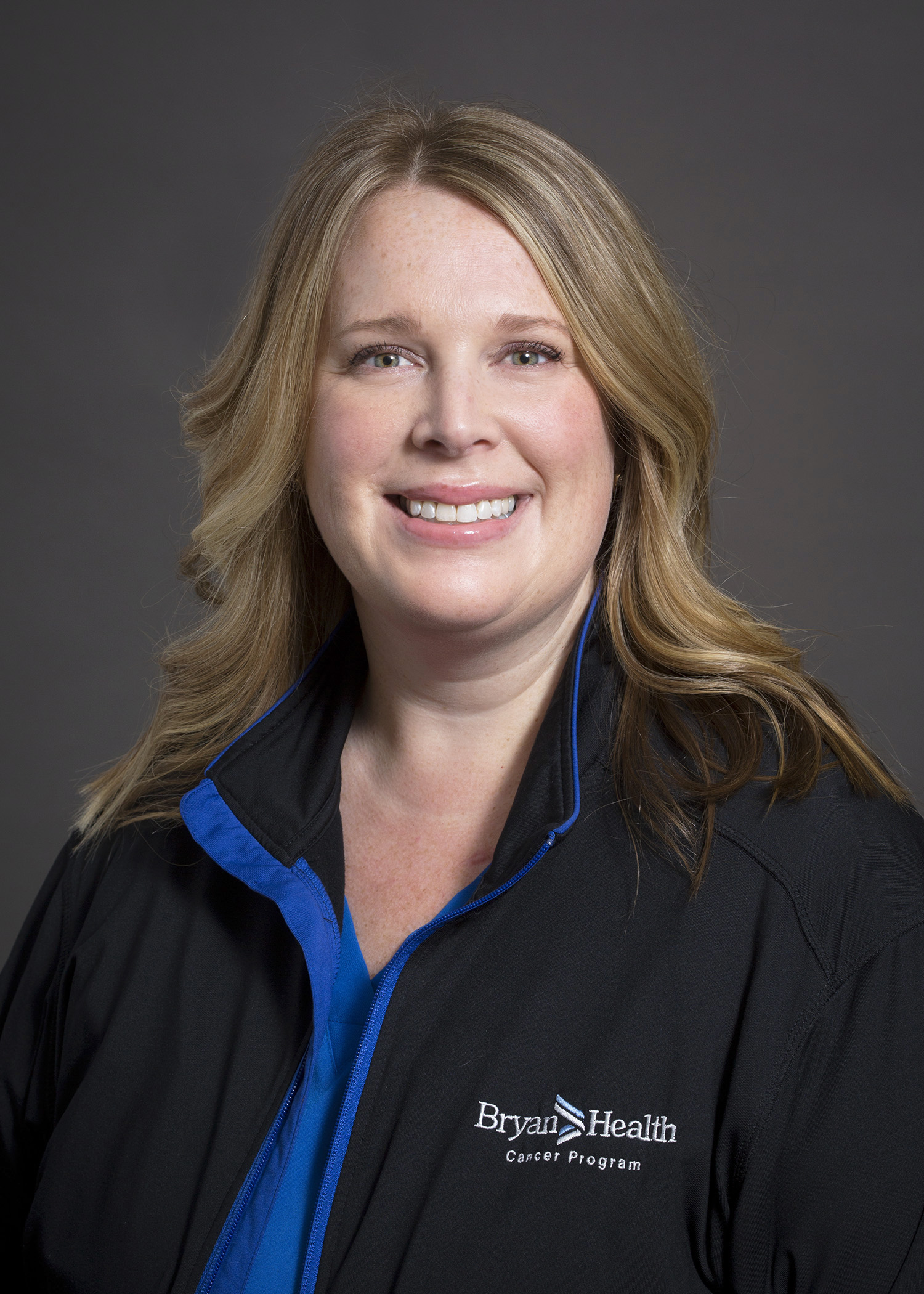
Joanna Morgan MSN, RN, OCN
Oncology Nurse Navigator
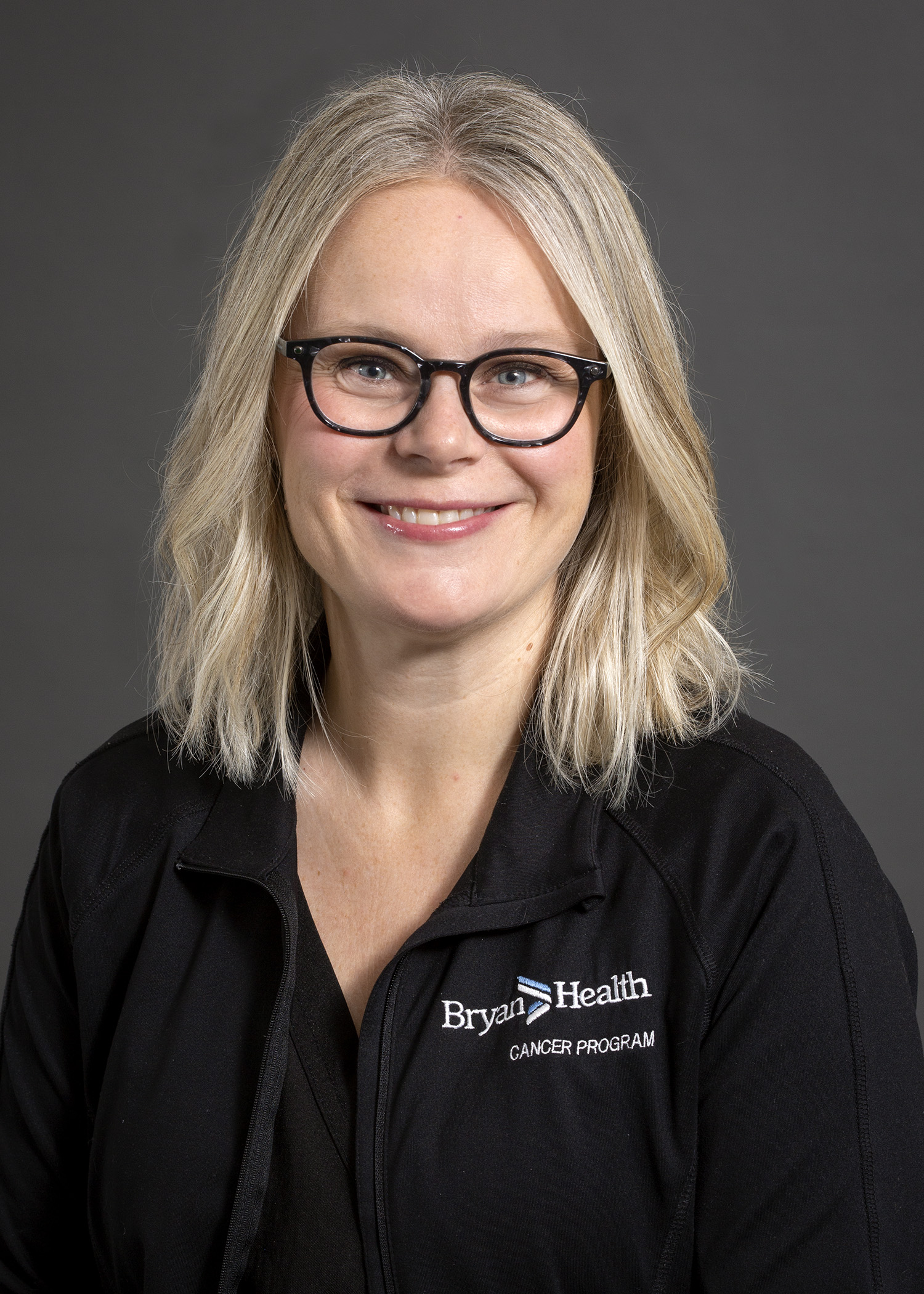
Joselyn Hayes BSW, CSW
Oncology Social Worker



